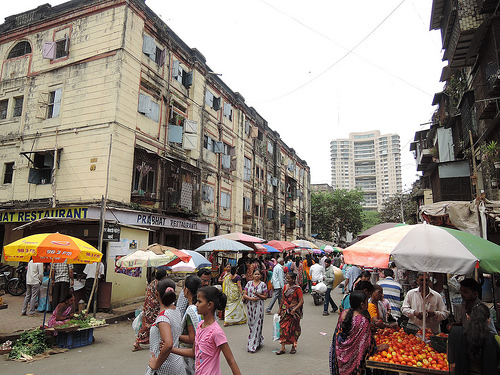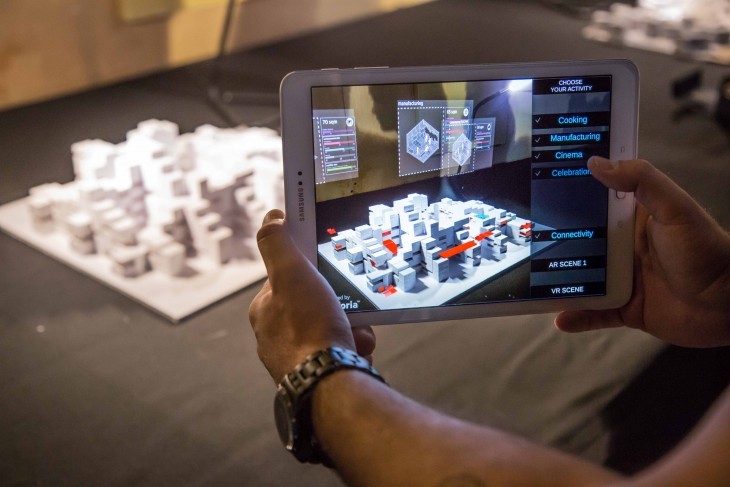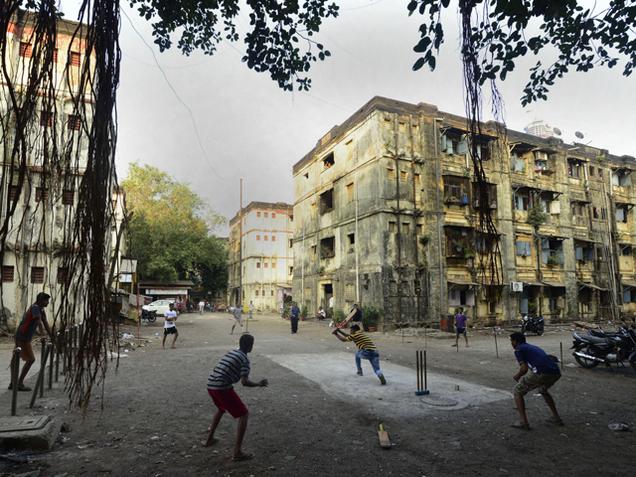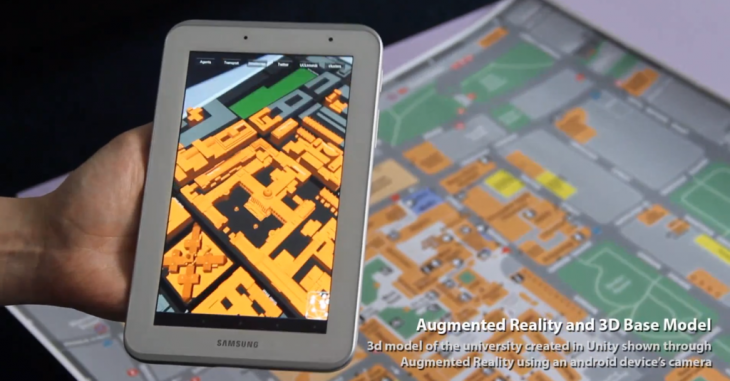Pilot Project Thesis Studio 2016: Design for the Responsive City
Senior Faculty: Areti Markopoulou, Bruno Moser
Assistant: Marco Ingrassia
Computational Assistant – Studio Support Seminar: Angelos Chronis
Local Expert (Mumbai): Hemant Purohit
Advisor: Mathilde Marengo
A joint collaboration of IAAC Masters+Research and F+P Urban Design Group
If the physical structure and the image of the city have always been based on the technology of production, communication and representation, how does Information era and communication technology impact on the the design of the city?
What kind of relations, operations and behaviors should we implement in our design processes?
Which are the design protocols, that allow the planning of an urban responsive organism, able to adapt and/or interact with its inhabitants?
Miniaturization, embodied technologies and the internet of the things are building a new framework on the physical dimension of the city, that has not yet generated a paradigm shift in the design process of the urban environment.
The smart city paradigm turned up to be a business model based on the trade of technology-based services by big corporation, directed to a distributed public of interconnected users/consumers, while masterplans and design proposals still rely on massive high designed urban interventions or on city manifestos brought by telecommunication companies. In contexts characterized by a fast urban growth the consequence is mainly the proposition of urban renewal projects by public or private promoter, top-down process that neglect any users’ engagement while proposing inefficient physical models.

The Design for the Responsive city studio claims an active role for architects, as designers of new urban relations, behaviours and operations through responsive technologies.
New technologies can reinform the Urban Environment design process on different aspects. While sensors and new softwares, for instance, allow to read the city through real time Data Visualization, Augmented and Virtual Reality allows to visualize and inhabit simultaneous multiple realities, offering to the designer a tool for sharing and evaluate the design process through user’s feedback. At the same time sensors and actuators allow new functional relations and operations, asking designers to avoid high designed physical aesthetics, moving towards the proposition of metabolic processes that can solve the dichotomy process-project.

The studio will define visions and design proposals for the Worli BDD Chawl, a 27 hectares residential district located in Mumbai, India.
The area has been the object of a design competition finalized to the demolition of the existing buildings and the construction of a high-density multifunctional district.
New technological tools, the quality of the buildings and urban spaces, as well as the flexibility of the typology, allow us to design alternative proposals based on a partial selective demolition and a controlled densification. Through a methodology that will explore the potential of Information and Communication Technologies, through the different phases of the design process, the studio will focus on the needs of the local population in the context of the urban transformation of the entire area.
Technologies of Augmented Reality will be used on the one hand to visualize and contextualize the proposals and on the other hand to create an urban interface for evaluating the proposals through collaborative processes with the users/residences of BDD Chawl.

—-
Pilot Project Thesis Studio – Studio Support Seminar: Augmented reality
Ubiquitous computing and new media are transforming not only our cities and infrastructures but also the way we perceive and conceive them. The vision of a virtual and augmented reality in architecture and urban design has been pursued for decades but with the very recent commoditization of these technologies it is now a reality.
The Augmented Reality seminar will focus on the integration of augmented and virtual reality interfaces in the analysis, design and management of urban environments. We will experiment with cutting edge AR and VR interfaces, ranging from the latest head mounted displays, such as the Occulus and META development kits to camera-based AR using smartphones and tablets.

UCL Live Campus Augmented Reality App – CASA, UCL